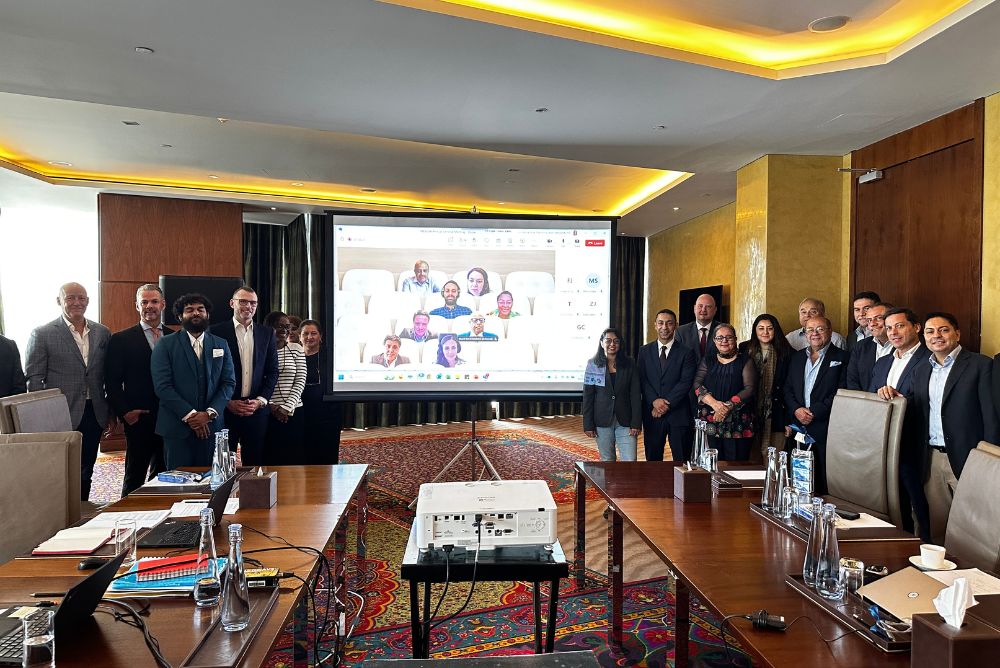EU auditors slam poor airport funding
By Doug Newhouse |

A recent report by the European Court of Auditors has concluded that many EU-funded airports deliver poor value for money.
The 72-page report says that seven of the 20 EU-funded airports studied are not financially self-sustainable, while another 12 gained access to funds based on passenger growth forecasts which subsequently proved to be ’significantly over optimistic’.
The audit focused on 20 EU‐funded airports in five Member States (Estonia, Greece, Spain, Italy and Poland). These airports received total EU‐funding of €666m ($811m) during the 2000‐2006 and 2007‐2013 programme periods through the European Regional Development Fund (ERDF) and the Cohesion fund (CF).
The airports and their locations that were examined were as follows: (Spain) Badajoz, Burgos, Córdoba, Fuerteventura, La Palma, Madrid‐Barajas, Murcia, Vigo; (Italy) Alghero, Catania, Comiso, Crotone, Naples; (Greece) Heraklion, Kastoria, Thessaloniki; (Poland) Gdańsk, Rzeszów; (Estonia) Tallinn; Tartu.
The European Court of Auditors’ overall conclusion is that the EU‐funded investments in airports produced poor value for money: too many airports (which were often in close proximity to each other) were funded and in many cases the EU‐funded infrastructures were oversized. Only half of the audited airports succeeded in increasing their passenger numbers and improvements in customer service were either not measured or not evidenced.
The Court also observed that the EU funding was not cost effective and that seven of the 20 airports examined are unprofitable and, as a result, there is the risk that they may need to be closed unless they receive continuous public financial support. This is particularly the case with smaller regional airports handling fewer than 100,000 passengers a year.

(1) TABLE KEY FOR ABOVE: The airports having a higher number of additional passengers in the 20 years after expansion works compared to those forecast are in green; additional passenger numbers of less than 10% below the forecasts are in orange/yellow; those below the latter threshold are in red.
MAJOR NEW RECOMMENDATIONS
The Court also noted that the EU‐funding is not well co‐ordinated by the Member States and – in particular as regards major projects and cohesion fund projects – is insufficiently supervised by the Commission. As a result, the Court has recommended that the Commission should ensure during the 2014‐2020 programme period that Member States only allocate EU funding to airport infrastructures in those airports which are financially viable and for which investment needs have been properly assessed and demonstrated.

It also recommends that member states should have coherent regional, national and supranational plans for airport development to avoid overcapacity, duplication and uncoordinated investments in airport infrastructures.
Just to make matters worse, the European Court of Auditors found there were delays in construction for most and cost overruns for half of the airports examined, while more than half of the finished construction projects were subsequently underused.
As a result it points to a limited impact of these EU-funded investments on passenger numbers, customer service and job creation.
For its part, the European Commission has mostly accepted the Court report’s conclusions that ‘in certain cases’ the allocation of funds did not represent an effective use of EU money for these projects covering the 2000‐2006 and 2007‐2013 periods.
For what it is worth, it has now said that it wishes to underline that ‘lessons have already been learned from this experience, and as a result there is a radically different approach in the legislation for the programme period 2014‐2020’.
Comment: It is only a matter of time before such poor management of significant funds designed and promised to improve airport infrastructure growth potential is quoted as ‘fundamental, probable or contributory’ cause for day-to-day commercial disputes between airports and their commercial partners – including retail-Ed.
This report can be downloaded in full at the following link: http://www.eca.europa.eu/Lists/ECADocuments/SR14_21/SR14_21_EN.pdf
JEDCO launches multi-category tenders at KAIA T1
Jeddah Airports Company (JEDCO KSA) has issued a request for proposals for several...
TR Consumer Forum 2024: Ticket sales now open
TRBusiness is thrilled to announce that you can now book your tickets to the TR Consumer Forum...
Alcohol insights: Conversion up, spend down in Q4
Conversion of visitors in the alcohol category in duty free has risen to 54% in Q4 2023,...

In the Magazine
TRBusiness Magazine is free to access. Read the latest issue now.

 Trbusiness. The travel retail Trbusiness. The magazine for global retail and duty free professionals.
Trbusiness. The travel retail Trbusiness. The magazine for global retail and duty free professionals.




















